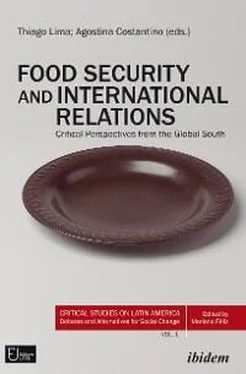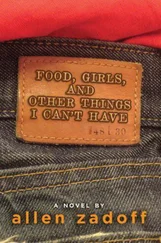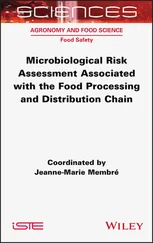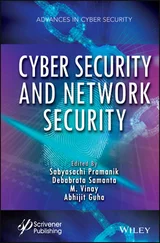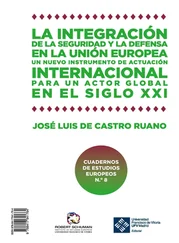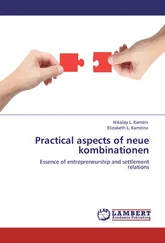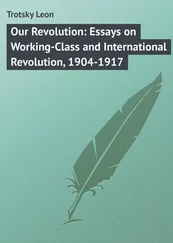In this vein, Felipe Albuquerque explains how policies to fight against hunger and poverty implemented in Brazil in the 2000s (at least until 2016) created a repertoire of success that enabled Brazilian diplomacy to make the country a relevant power for the region and for other developing countries. Throughout the text, Albuquerque shows how changes in the general direction of the economy (from President Lula to President Roussef and then to President Temer) impacted the country’s external role as an international engine for policies to fight against hunger. This role is called into question by the movement that ousted President Dilma Roussef and brought her vice president, Michel Temer, to power.
A crucial food for Latin America is maize, and the history of its uses has much to do with the relations that Latin American countries have with developed countries. In their chapter, Andrea Santos Baca and Julia Cristina de Sousa e Berruezo show the role of maize in the world food market and the constructed image of it as a second class food, in a colonial attempt to sweep away the customs of the local people of Latin America and impose a mode of feeding similar to the European one, at the same time as spreading European uses of it worldwide. Furthermore, as the authors show, this crop has become one of the first to go through a process of hybridization and genetic modification, which responds to the “negative” image of food for animals (and not humans) that the Europeans gave to maize, as opposed to the images of wheat or rice as typically human foods. In other words, the apparent “advantage” of maize as a genetically modified food hides the value that the colonizing culture placed on it.
The relationship between economics, politics and food security is examined more deeply in the chapter by Agostina Costantino. This chapter brings us closer to the end of the book through a dialogue with the opening chapter on food security in India. The author reveals the irrelevance of Argentina’s image as the “world’s breadbasket,” given the presence of thousands of undernourished or malnourished people in the country. Costantino shows how structural reforms implemented since the late 1970s—and more intensely since the 1990s—contributed to pushing aside the objective of food security, directing the entire economic structure towards the production of a (small) number of foods for export. In terms of international relations, this chapter offers a discussion of land grabbing by investors and foreign countries, which exacerbates food security and even calls the country’s food sovereignty into question.
Closely related to the previous one, the chapter of Sol Mora deals with the general problem developed by Agostina Costantino, but in two specific case studies of Chinese investments in Argentina: an agri-food project and the building of an irrigation aqueduct. In both cases, it is about thousands of hectares that the Asian country intended to control in Argentina. Mora’s hypothesis is challenging because most studies on land grabbing of national cases tend to focus separately either on the role of nation states, or on the social conflicts that have arisen, or on the interests of companies when setting up in other countries. This work not only addresses the problem comprehensively by including these three actors through the concept of governance, but also includes a protagonist not always considered in these studies: sub-national states, which are ultimately the ones that shape the relations that national governments end up having with other countries. The examples of Sol Mora show the effects that the current policy of relations with China can have on food security and the environment in the Southern Cone.
---//---
The biological constitution of the human being seems to be a perpetual prison or an eternal reminder that we are not only fragile but also intimately connected to nature. Developing bonds of solidarity not only among human beings but also with nature itself is a fundamental question. Along these lines, it is essential to understand the challenges and opportunities found in the context of international relations, in order to shape a political force capable of guaranteeing the HRAF for all people. We cannot accept, two decades into the twenty-first century, that “one in three women of reproductive age globally is still affected by anemia.” Such data reveal the lack of care for our today and tomorrow, as anemia has “significant health and development consequences for both women and their children” (FAO, 2018, p.16). It is necessary to build agrifood systems that solve these types of problems. The further we move in this direction, the closer we come to glimpsing “one Humanity,” not in the distressing sense of the Anthropocene but in the urgent sense of social justice.
The International Agri-Food Studies Network ( Rede de Estudos Agroalimentares Internacionais—Redagri ) and its collaborators wish everyone happy reading and lively debates!
ALKIRE, S. A Conceptual Framework for Human Security. CRISE Working Paper, Oxford, 2003.
BURKE, M. Climate Effects on Food Security: An Overview. In: BURKE, L. &. Climate Change and Food Security:Adapting Agriculture to a Warmer World. New York: Springer Dordrecht, 2010.
CHADE, J. O mundo não é plano. São Paulo: Saraiva, 2009.
CLAPP, J. Food Security. In: COOPER, H. &. T. The Oxford Handbook of Modern Diplomacy. [S.l.]: Oxford, 2013.
EVANS. Human Security and East Asia. Journal of East Asian Studies, 2004.
FAO. The State of Food Security and Nutrition in the World 2018.Building climate resilience for food security and nutrition. Rome, FAO, 2018.
______. A statement by FAO Director-General José Graziano da Silva. FAO2015. Available at: Accessed 10 Oct. 2018.
______. Trade reforms and food security. FAO. Roma. 2003.
G1. 1% mais ricos concentra 28% de toda a renda no Brasil, diz estudo. Portal G1.14 set. 2017. Available at: https://glo.bo/2yDlOXn. Accessed 14 Oct. 2018.
HAMPSON et al. Madness in the Multitude:Human Security and World Disorder. Ottawa: Oxford University Press, 2002.
ICRC. Minas antipessoal: um panorama sobre o problema. Comitê Internacional da Cruz Vermelha, 2018. Available at: . Accessed 17 Sept. 2018.
KALDOR, M. Human Security. Cambridge: Polity, 2007.26
KRAUSE, K. The key to a powerful agenda, if properly defined. Security Dialogue, p. 367–368, 2004.
KRAUSE, K. Critical perspectives on human security. In: MARTIN, M.; OWEN, T. Routledge Handbook on Human Security. New York: Routledge, 2014. p. 76–93.
LEÃO,M; MALUF, R. A construção social de um sistema público de segurança alimentar e nutricional: a experiência brasileira. Brasília: ABRANDH, 2012.
MACFARLANE, S. N.; KHONG, Y. F. Human Security and the UN A Critical History. Bloomington: Indiana University Press, 2006.
MCMICHAEL, P. Global development and the corporate food regime. Prepared for Symposium on New Directions in the Sociology of Global Development. XI World Congress of Rural Sociology. Trondheim: [s.n.]. 2004.
MCRAE, R; HUBERT, D. Human Security and the New Diplomacy:Protecting People, Promoting Peace. Montreal: McGill-Queen’s University Press, 2001.
OWEN, T. The Critique That Doesn’t Bite: A Response to David Chandler’s ‘Human Security: The dog that didn’t bark’. Security Dialogue, p. 445, 2008.
RBA. Brasil pode voltar ao Mapa da Fome. ONU faz campanha pela segurança alimentar. Rede Brasil Atual. 14 mar. 2018. Available at: . Accessed 14 Oct. 2018.
Читать дальше
